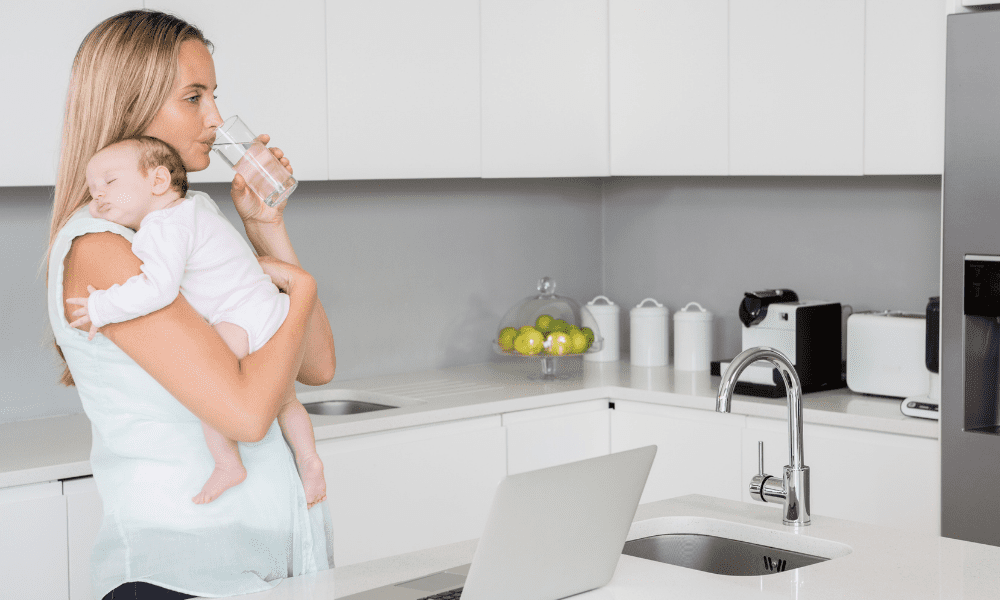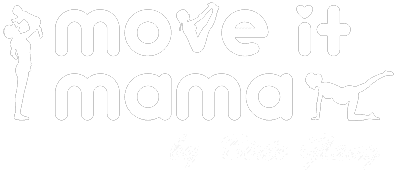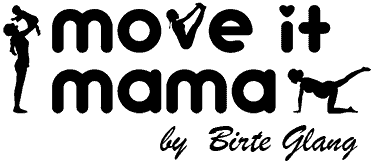Dear Mom,
Are you wondering if you should or maybe even have to stick to certain things when it comes to nutrition even after giving birth? Are there any particularly helpful tips for breastfeeding moms and what about when you’re not breastfeeding- is everything allowed then? Today we give you a first insight…don’t miss it 😊
If you want to check out our blog series on nutrition during pregnancy again, feel free to click in here.
Healthy diet after pregnancy
Your body has done a masterstroke in the last few months! A little fetus has grown into a little person over three trimesters. So it’s no wonder that you need to cut yourself some slack and take care of your body. This is the only way to prevent deficiencies that can have a negative effect on you and – if you are breastfeeding – on your baby. And be patient: body and mind need time to recover completely: Your body will still go through some changes in the coming weeks and months. For example, the hormonal changes in new moms can last for very different lengths of time. The levels of estrogen, progesterone, hPL (human placental lactogen) and hCG (human chorionic gonadotropin) will drop sharply and it will also take a few months, for example, before you start having your period again. For your body, this means that it needs a healthy balance of rest, exercise and a balanced diet to get fit.

Balanced nutrition during breastfeeding
A varied, balanced and regular diet is essential during the breastfeeding period, as it supports you as a nursing mom. This is probably nothing new to you 🙂 Nutrient-rich foods and additional vitamins and minerals are especially important. During the breastfeeding period, additional energy and nutrients are needed to give your baby a balanced diet with breast milk. For example, in the first few months after the birth of your little darling, you still need about 500 calories per day in addition to the basic requirement of about 2000 calories. So if you feel more hungry as a result of breastfeeding, you should feel free to indulge that hunger pang now. In addition, this means that you should not go on a diet while breastfeeding. After all, you’re still feeding yourself and your baby, and dieting could lead to an undersupply of important nutrients!
My tip: Please absolutely do not go on a low carb diet. This immediately has a negative effect on milk production. It is much better to start first thing in the morning with a nice porige or homemade muesli!

Important nutrients after birth
Iodine
As during pregnancy, the need for iodine is increased during breastfeeding. After all, the iodine content of breast milk depends largely on your own iodine supply. Iodine deficiency during breastfeeding can impair the child’s physical and mental development. Therefore, an adequate iodine supply is important. If you do not breastfeed your baby, you should of course still make sure that a normal iodine content prevails. Especially due to the increased demand of the last nine months, this may have become confused.
Iodine-containing foods: sea fish, seafood, milk and dairy products, and iodized salt.
Iron
Getting enough iron is always important, whether you are breastfeeding or not. Your iron needs are not increased by breastfeeding, but the recommended intake is slightly higher than normal to compensate for the loss during pregnancy. You should therefore make sure to include iron-rich foods in your diet.
Iron-rich foods: meat, some cereals (especially millet, spelt and oats), bread, sausages and vegetables (spinach, salsify, carrots, fennel, lamb’s lettuce).
Calcium
The need for calcium is also not increased during breastfeeding, but for your health you should make sure that you take in enough calcium. Furthermore, calcium is also known to support the formation of strong bones. Just what your baby needs! And you, as a new mom, should also make sure to get enough calcium so that you don’t neglect your body.
Foods containing calcium: Milk and dairy products and some vegetables (broccoli, kale, spinach and fennel).

How to drink enough water while breastfeeding?
You give your baby a lot of fluid with your breast milk. That’s why you should make sure that you drink plenty of water regularly while breastfeeding. In general, you should drink about two liters of fluid per day, a guideline that non-breastfeeding moms should absolutely stick to. This will hardly be enough at present. Too little fluid intake will also have a negative effect on milk production and leave us tired and lacking energy!
My tip for you: Drink a glass of water before and after each breastfeeding, so it is definitely easier to drink enough every day.
Is vegan diet possible after birth?
First of all, in a vegetarian diet with consumption of dairy products and eggs, the nutrient needs in even after birth can be covered by a well thought-out diet. This is also the case with a vegan lifestyle. However, you must be careful to take a sufficient amount of the required nutrients to you, more detailed in our following blog series on this. This way you can avoid health risks for you and your baby. In addition to a permanent intake of a vitamin B12 preparation, you should also consult with a nutritionist or your doctor if you are unsure 😉.
Please do not feel overwhelmed, but just try to take one or two tips into account. And otherwise you can also ask your midwife or your doctor if you are unsure. No matter if you breastfeed or not, you need a lot of energy to regenerate your body and mind. And then you master this hormonal change as #supermama .
Feel free to check out the following articles on postnatal nutrition, or contact us directly. We are happy to receive your suggestions. For now, enjoy the time with your baby and I remain as always with my slogan:
Keep it Moving,
Deine Birte
Try MOVE IT MAMA 7 days for free
We give you a trial week in which you can test MOVE IT MAMA free of charge and without obligation.


